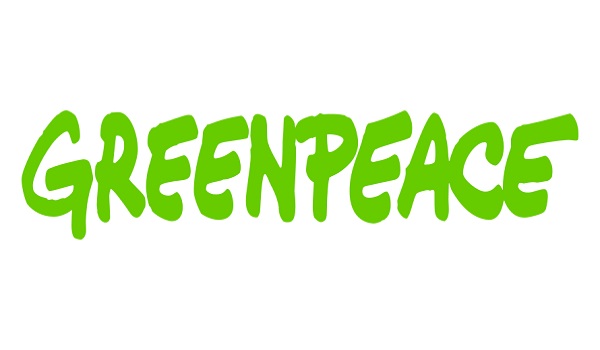
On Thursday 30 March 2023, Greenpeace Europe reported a 67% increase in the number of private jet flights in Luxembourg in 2022 compared to 2021, reaching 2,767 private jet flights.
Greenpeace Luxembourg lamented that private jet emissions in the Grand Duchy have almost doubled, following the European trend. In Europe, 55% of private jet flights flown last year were short or ultra-short flights of less than 750 km. Greenpeace Luxembourg thus called for a ban on private jets, short-haul flights and the introduction of a kerosene tax.
Frédéric Meys, campaigner for Greenpeace Luxembourg, said: "The alarming growth in private jet flights is in complete contradiction to what climate science tells us – namely, to immediately reduce CO2 emissions in order to avoid a total catastrophe. The new IPCC report shows more clearly than ever that we urgently need to reduce excessive fossil fuel consumption. More than 60% of the oil used in the world is destined for transport. Immediately reducing the use of petroleum-powered transport is a given, starting with a ban on ultra-polluting private jets that waste energy and bring nothing to people, except harmful emissions that harm the climate, the environment and [public] health.”
The study, conducted by Dutch environmental consultancy CE Delft, found that despite the bird flu pandemic, airport disruptions and rising fuel and energy costs that have affected the aviation sector, private jet traffic has increased exponentially over the past three years, emitting more than 5.3 million tonnes of CO2. The three most popular destinations for private jets departing from Luxembourg were Geneva, Paris and London (destinations reachable by train, noted Greenpeace). Greenpeace added that it was “shocking” that there were 29 flights in 2022 between Luxembourg and Metz/Nancy, a distance of a little over 70 km.
Greenpeace reported that private jets and luxury emissions are currently unregulated in the European Union (EU) and are excluded from EU legislation that is supposed to tackle greenhouse gas emissions, despite being the most polluting mode of transport on the planet per passenger/kilometre. For the first time, in 2022, several EU countries began calling for EU-wide regulation of private jet emissions. The revised EU Emissions Trading Scheme (ETS) is expected to enter into force in the coming weeks. Yet this policy, self-proclaimed as the EU's cornerstone to tackle CO² emissions, will not apply to private jets or other luxury modes of transport such as yachts, noted Greenpeace.
"To ensure a fair and green future for all, we need to rethink our political and economic system, including through the transformation of transport, the end of tourism at the pump and the introduction of a tax on kerosene. Political decisions cannot be centred on the interests of lobbies and the richest. The protection of all living beings must guide us to offer a just and sustainable future for all, more social inclusion and solidarity. It is high time to implement a zero-tolerance policy towards irresponsible major polluters," concluded Frédéric Meys.








